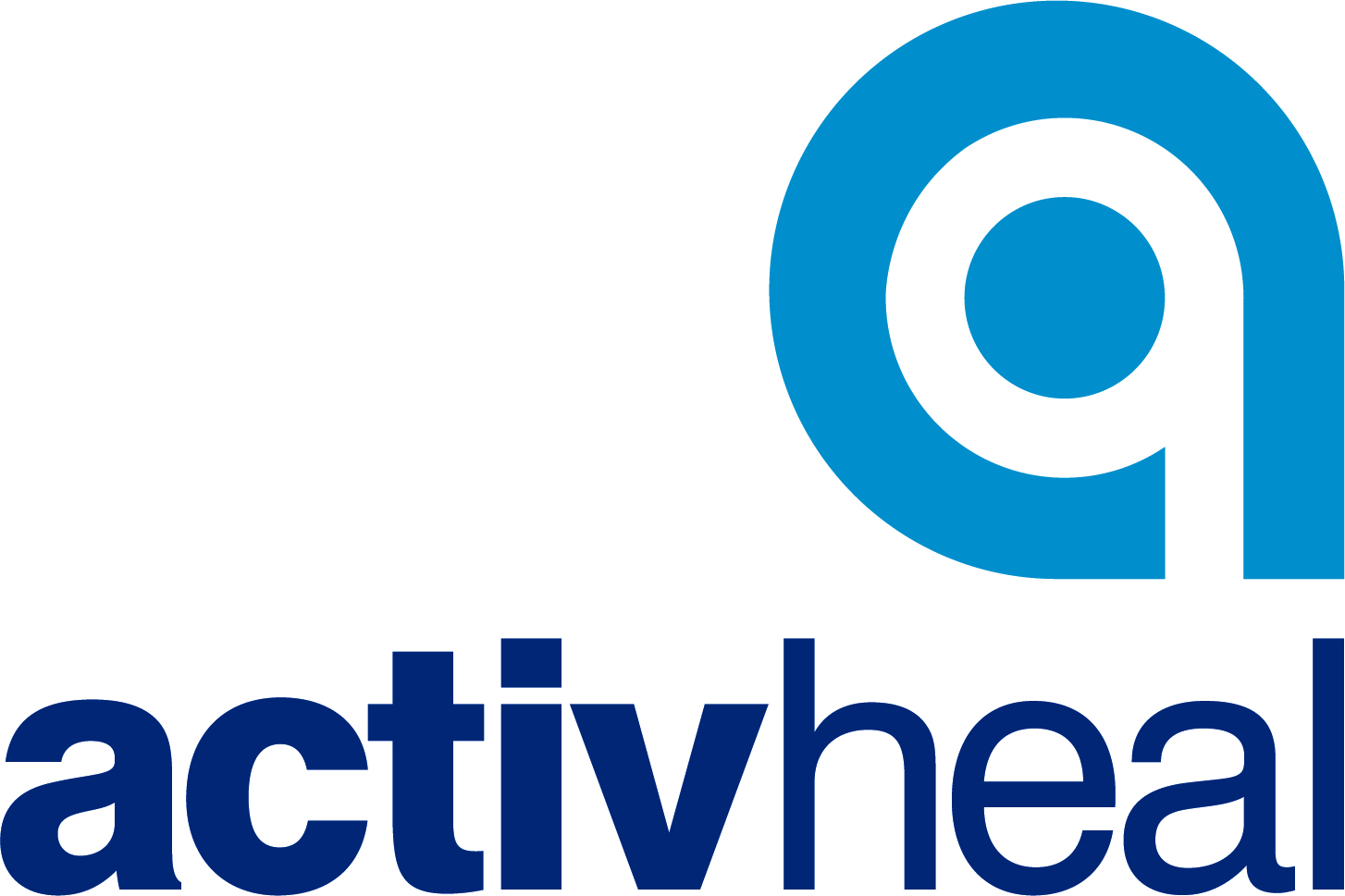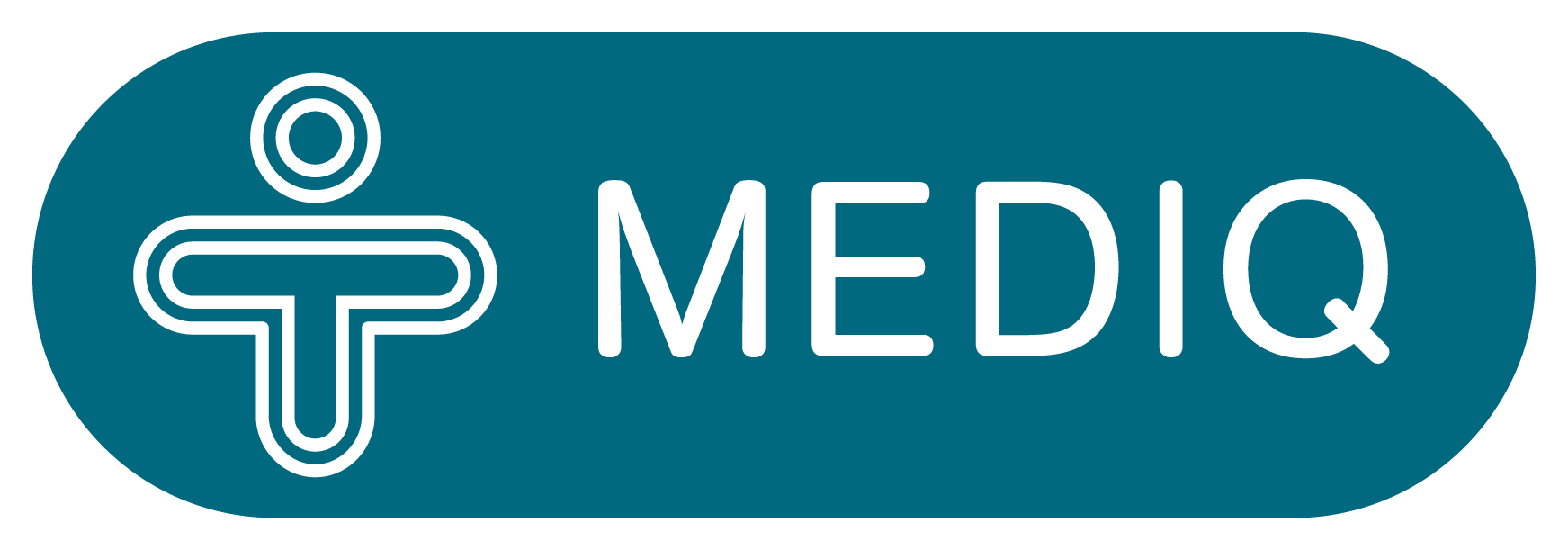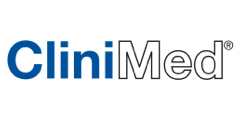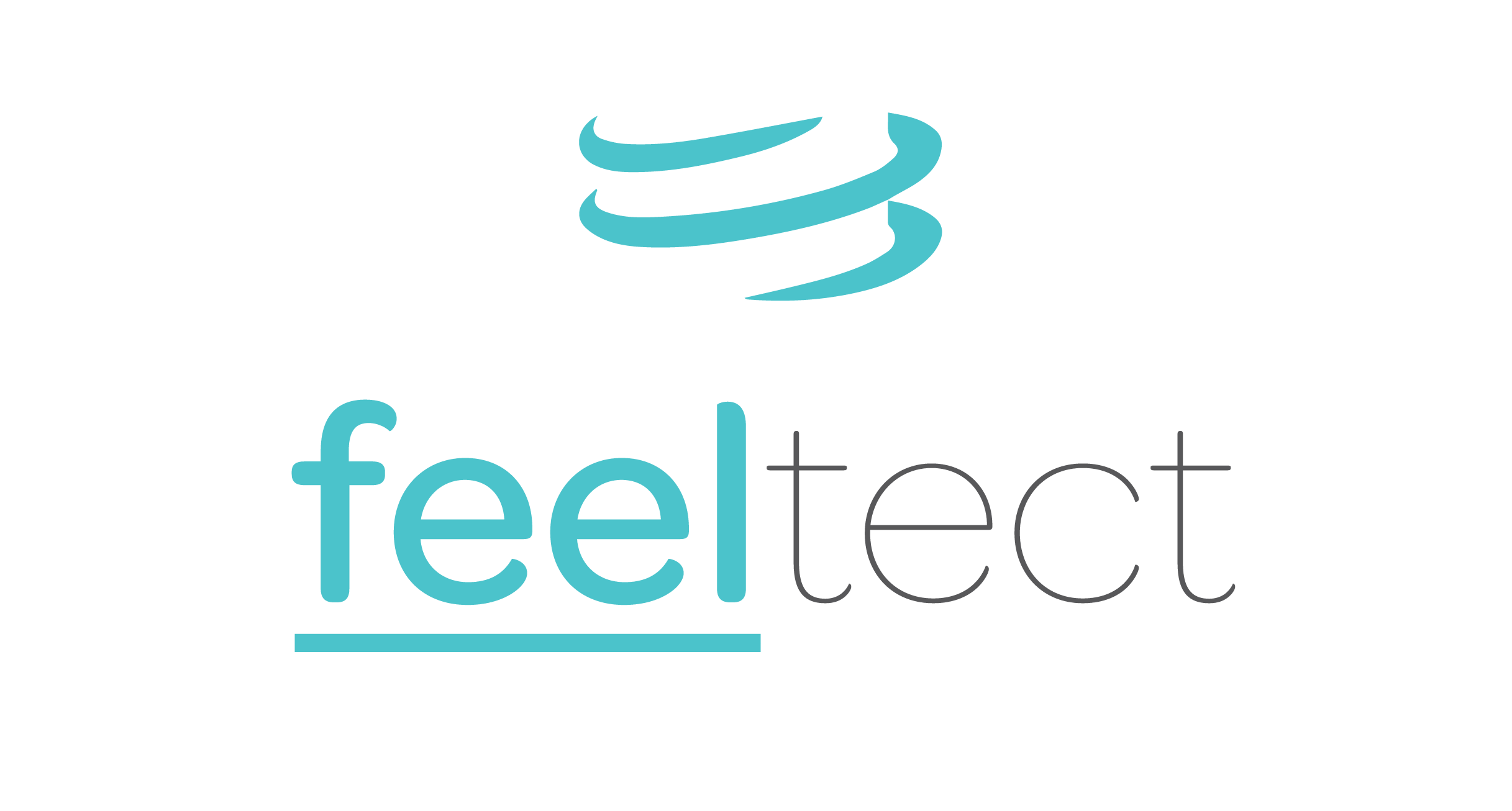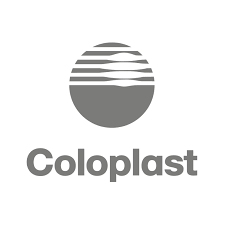The Wound Care and Management Conference and Exhibition 2023
15Hatfields, London 21 November 2023, 9:00am - 3:00pm
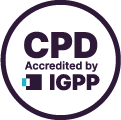
8:30am
Delegate Registration and Networking
9:30am
Chair’s Welcome Address
Dr Melanie Stephens, Associate Professor (Reader) in Adult Nursing, School of Health and Society, University of Salford
9:40am
Where are we now? The challenges of current wound care landscape
- Current landscape of wound care and management in the UK
- The reality of care provisions and staffing challenges
- Current challenges and suggestions to improve the standards of wound care in the UK
Alison Schofield, Independent Tissue Viability Nurse
10:00am
Improving Wound Care Standards by Multi-Level Staff Collaboration and Training
- National Wound Care Core Capability Framework
- Knowledge and behaviours required to deliver high quality, person-centred wound care
- The value of consistent training delivered across the different specialities and healthcare settings
- Opportunities for cost savings and improved efficiency with a standardised level of wound care delivered by different healthcare providers
Carole Young, Independent TVN Specialist Consultant, Associate Lecturer and Professional Nurse Advocate
10:20am
The impact of relevant cross-level training on wound care in social care settings
- The wound care burden in social and community care
- How a new approach to education and technology can improve care delivery
- Examples of the real world impact a new approach to wound care delivery is having on patients and care professionals
Sylvie Hampton, MA, BSc(Hons), DpSN, RGN, Tissue Viability Consultant Nurse & Director, Wound Care Consultancy Ltd
10:40am
Questions And Answers Session
11:00am
Coffee Break and Networking
11:30am
Transforming Wound Care Programme: Harnessing the Value and Potential of Integrated Health and Care Systems
- Transforming Wound Care Programme – implementing National Wound Care Strategy Programme recommendations for enhanced lower limb clinical care
- Breaking down silos between different health and care providers for seamless and enhanced patient-centred care
- Enabling data integration and information sharing, leading to evidence-based wound management decisions
- Standardising wound management pathways and ensuring consistent, high-quality care across different healthcare settings
Julie Hewish, National Tissue Viability Clinical Lead - Transforming Wound Care Programme, Health Innovation Oxford & Thames Valley, NHS
11:55am
Addressing Self-Harm Wounds: The Need for A Holistic Approach
- The prevalence of self-harm wounds and its exponential growth linked to the current mental health crisis
- Wound management variations for DSH
- Taking a holistic approach: undertaking appropriate assessments and making relevant recommendations that form an integrated wound care intervention
- Empowering patients to take ownership and responsibility for their care
Anita Kilroy-Findley, Clinical Lead Tissue Viability, Leicestershire Partnership NHS Trust
12:20pm
Questions And Answers Session
12:40pm
Lunch And Networking
1:40pm
Surgical Wounds – Reducing Healing Time and The Occurrence of SSIs
- The burden of unhealed acute wounds to the NHS
- Variation in surgical practice and the resulting variation in patient outcomes
- Understanding SSI – the challenges around diagnosis, reporting, and occurrence
Louise O'Connor, Independent Tissue Viability Nurse Consultant
2:00pm
Improving lower limb outcomes using a holistic, collaborative and innovative approach
- The impact of national and local strategies on improving patient outcomes.
- ‘Diagnose more’: The importance of standardised and collaborative training.
- The key to successful education; knowledge and behaviours required to improve lower limb care.
- Key Performance indicators: Evaluation and measurement of prevalence
Julie Mullings MSc, Lead Nurse Community Services: Tissue Viability, Infection Prevention & Leg Ulcer, Manchester University NHS Foundation Trust
2:20pm
Pressure Ulcers: How effective is aSSKINg in the community nursing setting?
- Findings from the perspective of a large healthcare organisation that effectively implemented aSSKINg
- The overarching impact of aSSKINg on patients, carers, and healthcare staff
- The difference that aSSKINg makes when applied in community nursing
Susan Martin, Tissue Viability Specialist Nurse, Sussex Community NHS Foundation Trust
2:40pm
Questions And Answers Session
2:55pm
Coffee Break and Networking
3:25pm
Implementing Digital Solutions: Strategies Enhancing Wound Care and Management
- The importance of accurate and reliable data gathering process to inform evidence-based wound care
- Embracing and implementing digital technologies across the entire wound care pathway
- Practical digital solutions that improve insights into effective wound care and translate into enhanced patient outcomes
Matthew Wynn, Lecturer in Digital Health and Society, School of Health and Society, University of Salford
3:45pm
Provision of Effective Wound Care: Considerations Around Variations in Skin Tones
- Discrepancies in wound care due to variations in skin tone
- Practical tools facilitating accurate assessment and diagnosis in all skin tones
- The need for the inclusion of dark skin tones in educational materials, as well as appropriate training that facilitates early prevention measures in all skin tones
Jennifer Pearson, Head of Nursing Div 2, BAME Nurse of the Year 2022 National Diversity Awards, The Royal Orthopaedic Hospital NHS Foundation Trust
4:05pm
Questions and Answers Session
4:20pm
Chair's Summary and Close
Dr Melanie Stephens, Associate Professor (Reader) in Adult Nursing, School of Health and Society, University of Salford







